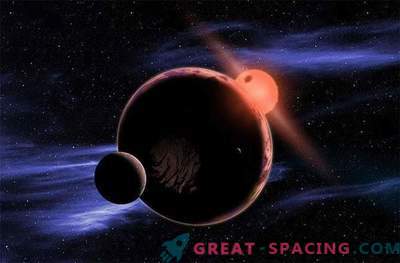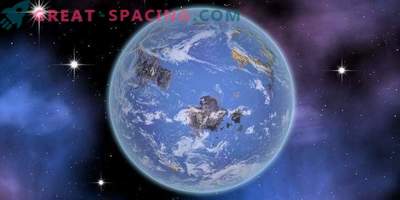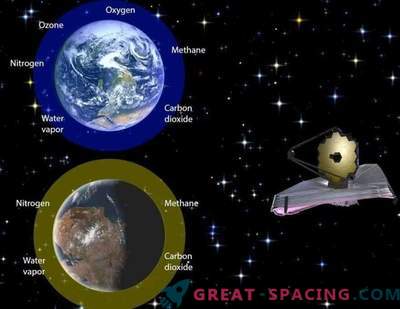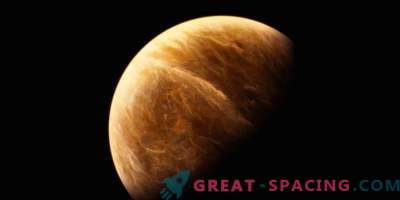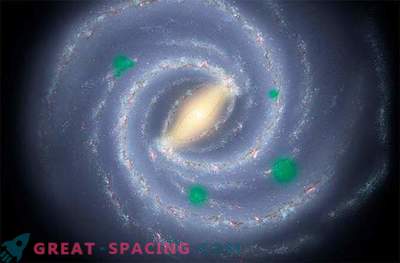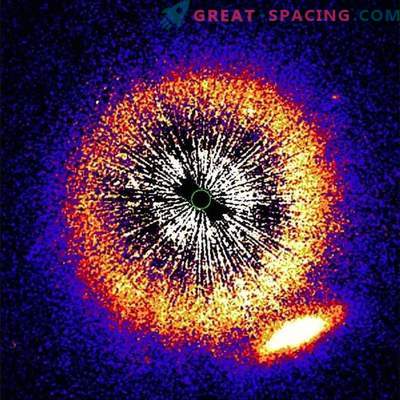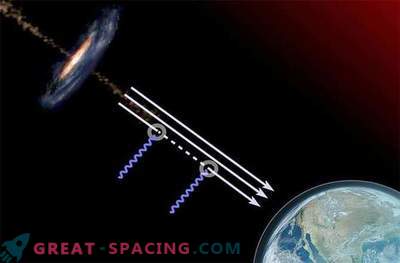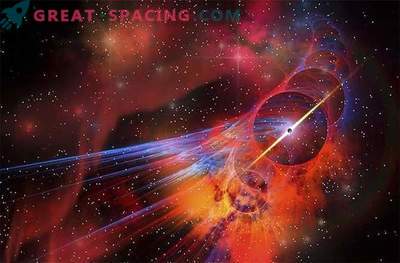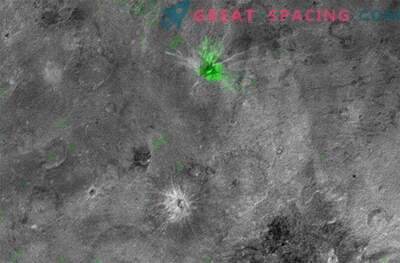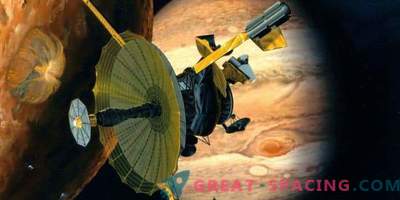
The search for signs of extraterrestrial life in the depths of our galaxy did not bring any results. Does this mean that the earth is unique and we are alone in the whole universe? Or does this mean that all aliens have become extinct?
The following one after another news about a predictable, drier climate for our planet can be a warning from space: climate change is inevitable in an extraterrestrial environment, and life on hypothetically inhabited worlds cannot balance its environment, which is the end of its life for all growing living organisms.
In a new study published in the journal Astrobiology, astronomers of the Australian National University (ANU) interpreted such a scenario and concluded that young inhabited planets can very quickly become unstable. What was an oasis of life can very quickly turn into hellfire or ice desert.
“The universe may be filled with inhabited planets, according to many scientists there must be many newcomers,” said Aditia Chopra, the main author of the document. “Early life is fragile, and we believe that it rarely develops fast enough to survive.”
“In most cases, the initial planetary environment is unstable. To produce a habitable planet, living organisms must regulate greenhouse gases with water and carbon dioxide to maintain a stable temperature on its surface, ”the scientist believes. Unlike Earth, many worlds probably did not maintain this balance and, ultimately, were roasted by the greenhouse effect (like Venus) or froze due to the weak atmosphere (like Mars) . Living organisms, most likely, will not have enough luck to win the race with environmental fluctuations and become a balancing force.
The Earth, which was fortunate enough to be in an ideal place, near a stable star, gave birth to life and this life played its role in stabilizing the atmosphere, developing over the past 4 billion years.
“Life on Earth has played a decisive role in the sustainability of the planetary climate,” said researcher Charlie Lineuiver, also from ANU.
And this is a possible reason why we cannot find galaxies with extraterrestrial life - due to the fact that inhabited worlds exist, but not for long suitable for life. This is another obstacle to the strengthening of living organisms.
“The mystery of an unsuccessful search for signs of aliens lies not so much in the likelihood of life or mind, but in the rarity of the rapid appearance of biologically regulated cycles on the surface of the planet,” Chopra said.
One of the main reasons for the search for exoplanets (special, small, rocky planets revolving around their stars, within a possible habitable zone) is to find planets that resemble the Earth. And many suitable candidates have already been found, but the fact that they possess certain features of the Earth does not mean, of course, that they are copies of the Earth. These studies are questionable. For decades, we reflected on our place in the Universe, and created theories why we cannot find any evidence of extraterrestrial intelligence. With all the famous stars and planets in our galaxy, water and all the chemicals that have already been discovered, there must be other intelligent forms of life. But their signs are not found. This problem is known as the Fermi Paradox.
Chopra and Linewiver proposed a new study that provides some answers to the paradox, which was called “Narrow-Neck Gay”. If life does not have a chance to stabilize the biosphere, it will become extinct.
Earth was given such an opportunity, and life, having passed through Gay's Narrow Neck, was able to form an oasis of life, which we now take for granted. The Earth and its complex interaction of reverse cycles created a kind of superorganism in which all life in its biosphere plays a role in its own evolution. (This relatively controversial idea formulated by James Lovelock and Lynn Margulis in the 1970s is called the “Gay Hypothesis.”)
But now we have a rational form of life that has become the dominant species, exploiting and interrupting the natural cycles of our planet. Mankind accidentally created its own “neck” - let's call it Industrial Narrow Neck - causing irreversible changes in our sensitive biosphere. Now we see a rapid impact on our civilization, as the equilibrium of our climate loses its balance due to the continuous increase in greenhouse gas emissions from industrial processes and energy needs. Are such “necks” common in the rest of space? If extraterrestrial life forms survived the narrow neck of gays, have they faced another real threat from the development of an industrial civilization?
At the moment, this is speculation, but observing our planet shows that the real basis for themselves made “narrow necks”, not far off. If we do not find a way to fix the damage that has been done to the environment, then we can quickly become another form of life that could not survive.

